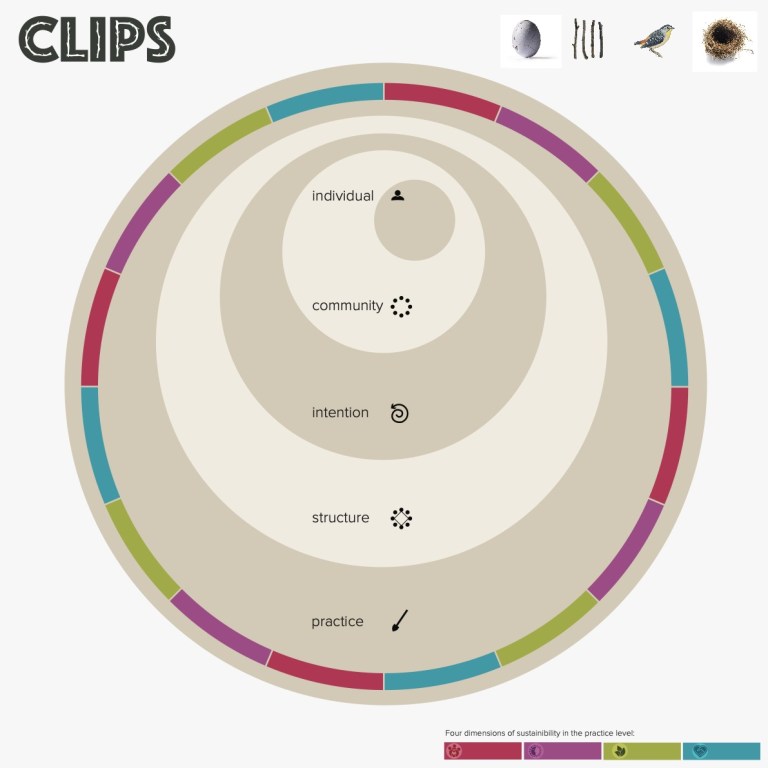What makes a community? You might have land, a group of interested people, finance, experience…but how does a selection of individuals become something more than the sum of its parts? And what happens when (not if!) a group faces challenges and conflict? Ecovillages have developed and adapted many methods over the years to build strong groups with a clear vision. Here, we’ll gather some of the most useful resources around building a group. Please add your suggestions - books, articles, methodologies, and tools!

CLIPS: The Community Learning Incubator Programme for Sustainability
A must-read for new communities! CLIPS is one of GEN Europe’s flagship projects, developed by members of the network with decades of experience between them. It’s a solution oriented programme to guide community-led projects in their initial steps – and for existing initiatives that struggle with problems or simply need revitalisation. CLIPS facilitators are available to consult communities, but there are also a great many freely available resources, tools and methodologies to explore on the CLIPS website. You may want to look at:
- The CLIPS Guide: a downloadable booklet in many languages that goes into depth into the CLIPS model of community building
- CLIPS Model: a conceptual model of concentric circles to show complex dynamics and layers found in community projects. Layers start with the relation between the Individual and the Community, and continue with Intention, Structure and Practice.
- Self-assessment tool for communities
-
CLIPS Game: This game simulates the dynamics of groups that work closely
together. The frame of the game is the CLIPS model, designed to
support group processes by using horizontal management.
The Community Compass
Developed by co-founder of Sieben Linden ecovillage, Eva Stutzel, this is the tool that inspired CLIPS. You can read more about it here.
Creating A Life Together by Diana Leafe Christian
This book is a classic of the intentional community movement and a must-read for anyone thinking of starting a community. Read more about Diana’s work and books here.